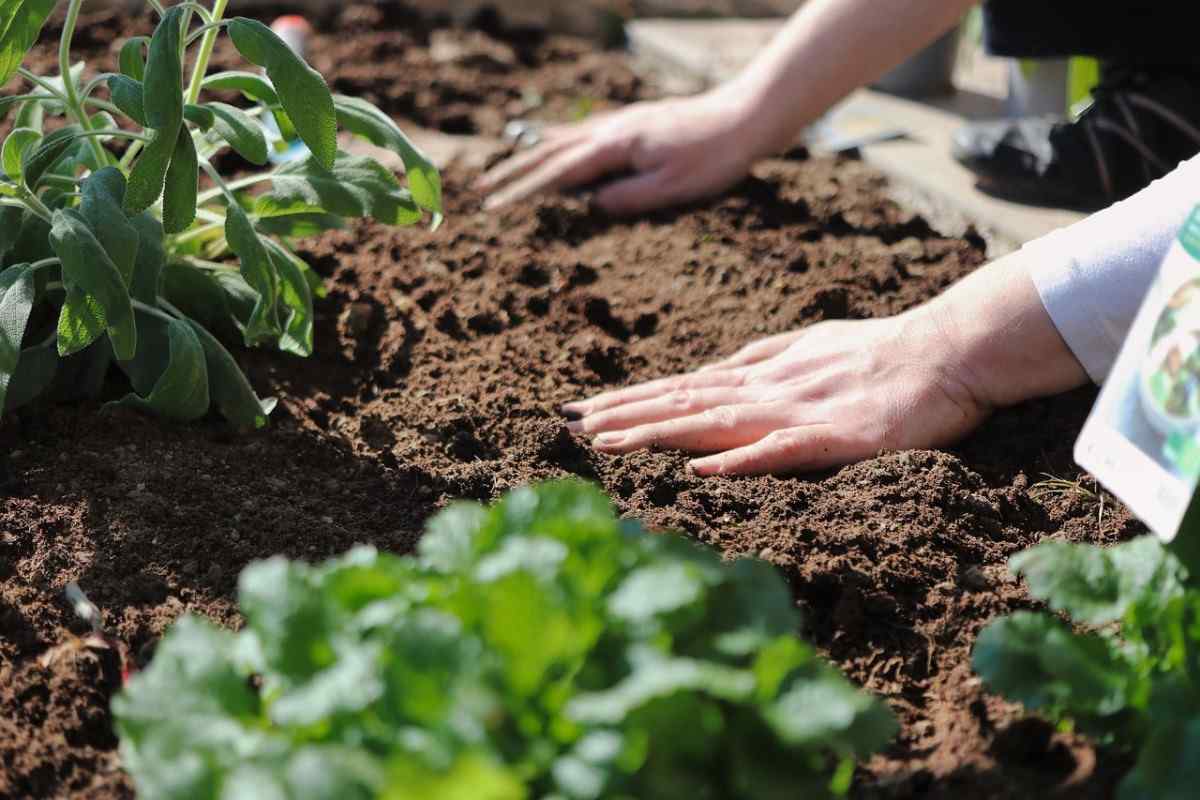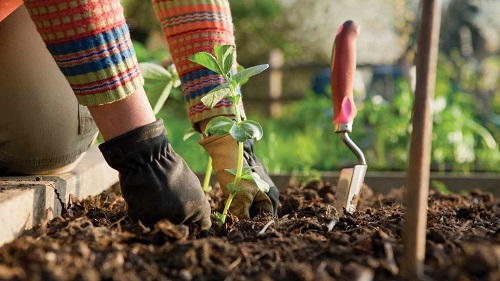Starting a garden is exciting, but it can be a bit daunting if you’re new to the idea of growing your vegetables. A new garden means learning how to care for it and how to grow different plants so they can thrive in your area. Luckily, there are plenty of tips and tricks that will make starting a garden simple and enjoyable for beginners of all ages. Follow these six steps to get started with easy gardening!
Plant Different Vegetables in Your Garden
This may be the most important step you can take to get a successful garden off the ground. Growing different vegetables in your garden will increase your chances of success by giving you a wider variety of crops to choose from. Different vegetables take different amounts of time to grow and mature, so choosing a few different varieties will help you grow a full crop within a shorter amount of time. In addition to variety, growing different vegetables will help you learn how to care for a garden.
If you’re growing often strange crops like beets, you’ll want to learn how to care for them properly. You may also want to consider planting vegetables that you can use in a variety of recipes. Tomatoes are great for making sauces, and cucumbers are an easy vegetable for making pickles. Growing a few of these vegetables will make it much easier to use vegetables in recipes, can help you save money on grocery bills, and help you eat healthier.


Start Small and Build Up
If you’re just getting started with gardening, it is always best to start small with a small container garden. If you have a small patio, deck, or even a sunny spot in your backyard, a container garden is an excellent way to get your feet wet in the world of gardening. When starting with a small container garden, it is important to keep it as small and manageable as possible.
Growing tomatoes in a 5-gallon container is a great way to kill yourself; it will take you years to finish the entire 5-gallon garden and will probably kill off the entire family in the process. Instead, choose vegetables that are smaller and can be grown in smaller containers, such as peppers or eggplant. You can also try growing herbs, which are generally much more forgiving of smaller spaces and will not require as much use of space.
Water your garden regularly
Vegetables, like all plants, need water. Vegetables may look like they can survive with little or no water, but this is far from the case. Vegetables need water to grow and stay healthy. This is especially true for vegetables that are grown in dry conditions. If your vegetable garden is dry, water it. If it is not dry enough to water, it is too dry.
The key to watering the garden is keeping the soil constantly moist but not wet. Ideal watering conditions are when you can see a ring of water standing in the soil, but you can also easily stir the soil with your hand. If your soil is too wet, it will attract pests, like nematodes and sap-sucking bugs. If it is too dry, your plants will not be able to take up water and will die of thirst.


Mulch to Preserve Soil and Keep Plants Healthy
Mulching is a great way to protect your vegetable plants from soil erosion and to keep the soil moist, which will help to preserve the nutrients in the soil. You can use compost or freecycling materials, like shredded newspaper, as mulch. The benefits of mulching are many: mulch will prevent weeds from growing, it will help to retain soil moisture, and it will also help to keep your garden cooler in the summer by keeping the soil cooler.
It is important to mulch your garden in a way that does not affect the water flow to the plants. If you are using shredded paper, make sure that it is not blocking the water flow to the plants. Ideally, you want the mulch to be several inches away from the plants, but if you have a large garden, you can try to layer mulch to protect the soil from erosion.
Create an Insectary
If you grow a variety of vegetables in your garden, you will almost certainly attract some insects, especially if you grow indoors in a greenhouse or outdoors in an open area. This is okay; it can be helpful. Some insects are beneficial, such as ladybugs, which are attracted to plants and feed on aphids, which are plant predators that cause problems for many plants.
Some insects, like scarab beetles, will even eat aphids! If you want to attract beneficial insects to your garden, you can try planting flowers that are open and attract the insects, like sunflowers or nasturtiums. You can also try planting herbs that are known to be good for attracting beneficial insects, like basil or mint.


Consider Adding a Hedge or Barrier to Your Garden
If you are growing vegetables on a large plot of land, you may want to consider adding a barrier or hedge to protect the vegetables. This can help to keep out weeds and preserve soil moisture, while also protecting the vegetables from animals and pests that are looking for a free meal. A barrier can be made from wood pallets, wood chips, or an assortment of other materials, or it can be an actual hedge.
Some vegetables, like carrots and radishes, will require a barrier to be grown to be eaten because they are so bitter. A barrier will keep the vegetables from being eaten by animals, and it will also protect the vegetables from being trampled by stock or from being broken by the wind.
Always Wear Protective Gear When Working in the Garden
A critical part of growing any plants is protecting yourself from being bitten by insects while in the garden. There are many different options for gardening gloves, including latex and neoprene, but there are also many options for goggles and masks, including insect- and dust-proof goggles, dust masks, and professional-quality air filters.
Growing veggies can be extremely rewarding, but it is important to be safe while in the garden. Insects and other pests can be incredibly harmful, so you want to be sure to protect yourself while in the garden.
Wrapping up: Starting a garden
Starting a garden is exciting and rewarding, but it can be a bit daunting if you’re new to the idea of growing your vegetables. Fortunately, there are plenty of tips and tricks that will make starting a garden simple and enjoyable for beginners of all ages. Follow these six steps to get started with easy gardening!









